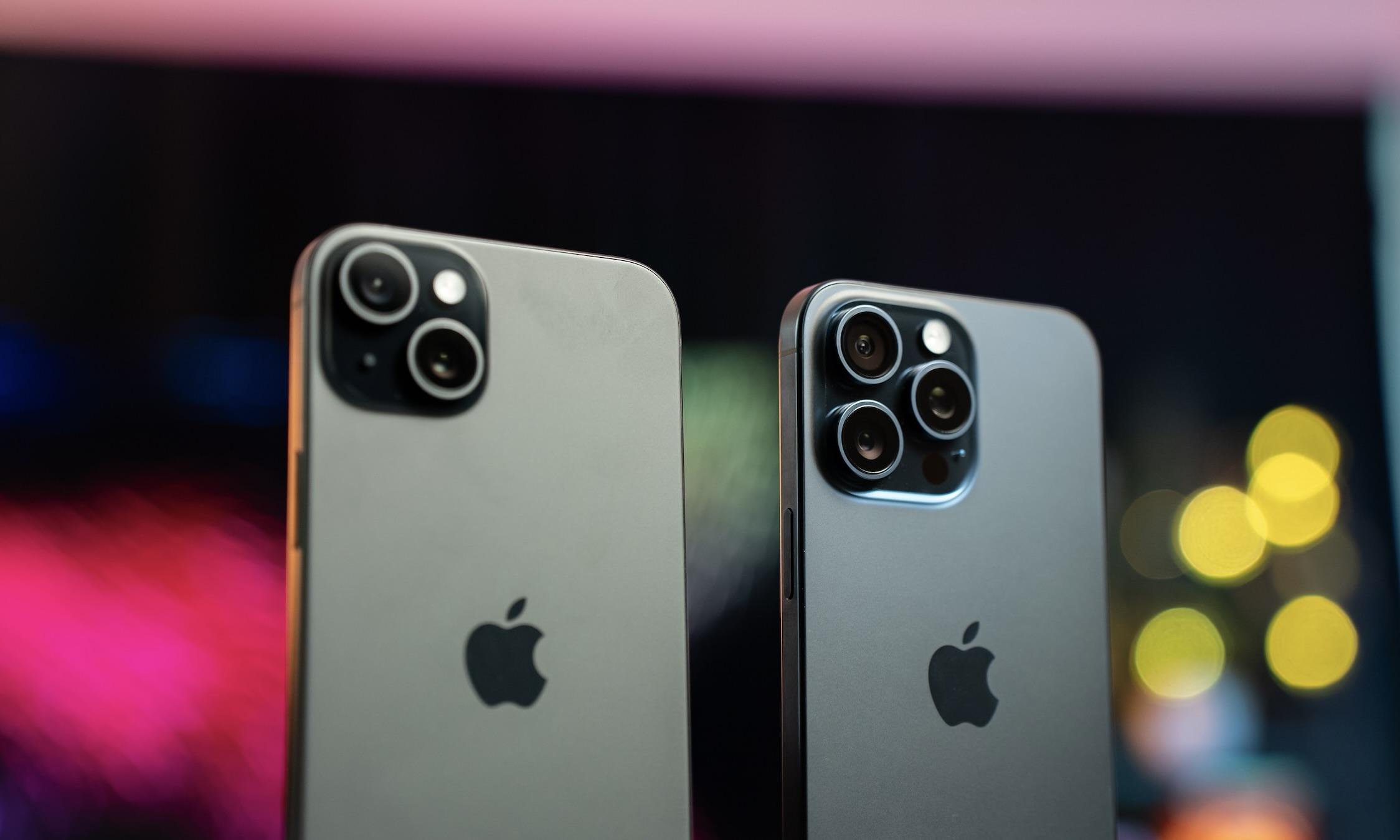Apple's iPhone 15 lineup has seen a 4.5% sales drop in China during the first two weeks after its launch, indicating weakened demand compared to last year's models.
Furthermore, financial firm Jefferies mentioned a double-digit percentage decline in iPhone 15 sales, following the strong customer demand for Huawei's new Mate 60 smartphone line, reports CNN.
Factors Contributing to Decline
According to the Albany Herald, the weakening Chinese economy, the struggling housing market, and intensified competition from local device manufacturer Huawei are some factors impacting iPhone 15 sales in China.
Chinese consumers, driven by nationalism and dissatisfaction with the US government's actions and sanctions, have gravitated toward Huawei's Mate 60. Counterpoint's research director, Jeff Fieldhack, stated that this shift in consumer preference is affecting Apple's volumes.
Importance of Chinese Market to Apple
Despite the decline in sales, China remains a crucial market for Apple, second only to the US. Fieldhack believes that although Huawei may not surpass Apple in smartphone sales, continued interest in the Mate 60 will impact Apple's numbers.
The tension arising from political uncertainties and heightened competition in China has raised concerns for Apple. The company experienced significant growth and claimed the top spot in China during the iPhone's launch period last year. However, the current circumstances pose challenges for Apple's market position.
On a positive note, Counterpoint Research reveals that the iPhone 15 lineup has seen a 10% year-over-year growth in the United States. This growth is significant, considering Apple's sales declined for the third consecutive quarter leading up to the iPhone 15 launch.
Notable Features of iPhone 15
The latest iPhone 15 devices have a slimmer design, an advanced main camera system, and a customizable Action button. This button provides additional controls, allowing users to start voice memos and write notes.
One of the notable changes is the adoption of a USB-C charging cord, marking the end of the 11-year run with Apple's proprietary Lightning charging cable.
Photo: Amanz/Unsplash



 Alphabet’s Massive AI Spending Surge Signals Confidence in Google’s Growth Engine
Alphabet’s Massive AI Spending Surge Signals Confidence in Google’s Growth Engine  TSMC Eyes 3nm Chip Production in Japan with $17 Billion Kumamoto Investment
TSMC Eyes 3nm Chip Production in Japan with $17 Billion Kumamoto Investment  Ford and Geely Explore Strategic Manufacturing Partnership in Europe
Ford and Geely Explore Strategic Manufacturing Partnership in Europe  Nvidia, ByteDance, and the U.S.-China AI Chip Standoff Over H200 Exports
Nvidia, ByteDance, and the U.S.-China AI Chip Standoff Over H200 Exports  CK Hutchison Launches Arbitration After Panama Court Revokes Canal Port Licences
CK Hutchison Launches Arbitration After Panama Court Revokes Canal Port Licences  Amazon Stock Rebounds After Earnings as $200B Capex Plan Sparks AI Spending Debate
Amazon Stock Rebounds After Earnings as $200B Capex Plan Sparks AI Spending Debate  SpaceX Reports $8 Billion Profit as IPO Plans and Starlink Growth Fuel Valuation Buzz
SpaceX Reports $8 Billion Profit as IPO Plans and Starlink Growth Fuel Valuation Buzz  SoftBank Shares Slide After Arm Earnings Miss Fuels Tech Stock Sell-Off
SoftBank Shares Slide After Arm Earnings Miss Fuels Tech Stock Sell-Off  Trump Backs Nexstar–Tegna Merger Amid Shifting U.S. Media Landscape
Trump Backs Nexstar–Tegna Merger Amid Shifting U.S. Media Landscape  Prudential Financial Reports Higher Q4 Profit on Strong Underwriting and Investment Gains
Prudential Financial Reports Higher Q4 Profit on Strong Underwriting and Investment Gains  OpenAI Expands Enterprise AI Strategy With Major Hiring Push Ahead of New Business Offering
OpenAI Expands Enterprise AI Strategy With Major Hiring Push Ahead of New Business Offering  Toyota’s Surprise CEO Change Signals Strategic Shift Amid Global Auto Turmoil
Toyota’s Surprise CEO Change Signals Strategic Shift Amid Global Auto Turmoil  Weight-Loss Drug Ads Take Over the Super Bowl as Pharma Embraces Direct-to-Consumer Marketing
Weight-Loss Drug Ads Take Over the Super Bowl as Pharma Embraces Direct-to-Consumer Marketing  Global PC Makers Eye Chinese Memory Chip Suppliers Amid Ongoing Supply Crunch
Global PC Makers Eye Chinese Memory Chip Suppliers Amid Ongoing Supply Crunch  Oracle Plans $45–$50 Billion Funding Push in 2026 to Expand Cloud and AI Infrastructure
Oracle Plans $45–$50 Billion Funding Push in 2026 to Expand Cloud and AI Infrastructure 































